Never trust a person who keeps a diary. After all, who keeps a diary other than someone who wants subsequently to tell a story where the diarist is the hero, while everyone else, almost invariably, falls lamentably short of the hero’s expectations and deserts?
And so it turns out with Malcolm Turnbull’s political memoir. Like the lawyer he once was, the diary entries on which his book is based are there to make him look good and to show why he was right and anyone who crossed him or disagreed with him was wrong, or at least wrong-headed. Take this recollection about someone who’s supposed to be his friend, the former foreign minister Julie Bishop:
Our numerous discussions (in 2015) about the leadership invariably became circular. She loathed Abbott and wanted him gone. But she felt she should stand. ‘Okay,’ I’d say, ‘I will support you.’ But Julie would then say, ‘If you don’t stand, Morrison could come through the middle and win. And he is almost as bad as Abbott.’ ‘Okay,’ I’d respond, ‘you don’t stand and I will.’ ‘But then if I don’t stand, I’ll be like Peter Costello and never have a go. But if I do stand, I look like Julia Gillard.’ And around and round it went.
How accurate is Turnbull’s diary? It’s hard to know. Some of his victims, such as ministers Mathias Cormann and Christian Porter, have disputed Turnbull’s version. Perhaps the person with the biggest stake in discrediting Turnbull’s account of our recent political history is Scott Morrison, who so far has avoided commenting on his predecessor’s book on the perfectly reasonable ground that he actually has a country to run.
But, if Turnbull is right, as early as late 2012, well before the Liberals’ 2013 election landslide, Scott Morrison apparently wanted the then leader Tony Abbott replaced. By early 2015, before the ‘empty chair spill’ which Turnbull says Morrison orchestrated, our current prime minister was supposedly dining with Turnbull, producing lists of MPs to show that the then PM Abbott had lost the numbers and discussing with Turnbull which of them should take over.
So when Morrison was plotting against Abbott – personally voting for the incumbent in the September 2015 spill, while arranging for his clique of supporters to support the challenger – that was OK. But when Morrison supposedly did the same thing to Turnbull in August 2018, that was a ‘double game’, a ‘coup’ and giving in to ‘political terrorists’.
Political memoirs nearly always cast light on the author’s time in public life, but often not in the way the author intends. This is because exercises in self-justification and getting square often backfire. In A Bigger Picture, Turnbull justifies his removal of an elected prime minister by claiming that Abbott ran a shambolic government, had no economic agenda and was, supposedly, a menace to national security because he linked terrorism to Islam. In dealing with his own removal, Turnbull then tries to discredit his opponents by claiming that they waged a guerrilla campaign of leaks against his government.
Turnbull claims that he would still have won the 2019 election. Indeed, he peddles this extraordinary conspiracy theory – he admitted to Leigh Sales on the ABC’s 7.30 last week that it sounded ‘almost unhinged’ – that he was deposed precisely because he was going to win the election. His enemies in the ‘right-wing media’, he claims, needed him to lose so that Abbott could become opposition leader and win against Bill Shorten in 2022!
Whatever faults Abbott had, no one can plausibly deny that he was strong on national security and budget responsibility. He stopped the boats, boosted defence spending and the security agencies and in 2014 brought down a budget that was serious about fiscal repair and economic reform. The fact is that, once ensconced in the Lodge, Turnbull didn’t change any of Abbott’s major policies. He kept the meta-data laws that he mocks both Abbott and former Attorney-General George Brandis for allegedly not understanding; he kept the same-sex-marriage plebiscite; he even kept the so-called ‘climate denier’s’ Paris emissions reduction target.
It’s especially hard to take Turnbull seriously on the subject of leaking, because his whole book is an extended leak against his colleagues of conversations that were supposed to be private.
It’s noteworthy that there were actually far fewer leaks out of cabinet once Turnbull had got what he wanted and his key allies, Bishop and Christopher Pyne, had their man in the Lodge. Sure, there was a backbench revolt against Turnbull’s ‘National Energy Guarantee’ but Turnbull must have known that seeking bi-partisanship with Labor on a mechanism for emissions reduction was politically suicidal, because this was the issue on which he’d earlier self-immolated as opposition leader.
A capable editor could have pointed out to Turnbull what his lack of self-awareness had blinded him to. He could never have won in 2019 because, as the book makes plain, on Shorten’s class-war negative gearing and capital gains tax changes, Turnbull was essentially on Labor’s side.
This memoir is often narcissistic and sometimes cruel to his party colleagues who he believes betrayed him. Nonetheless, in a glimpse of what could have been, Malcolm Bligh Turnbull does write, touchingly and honestly, about his abiding love for his father Bruce, and his battles with depression and thoughts of suicide.
As his promotional appearances demonstrate, Turnbull has convinced himself that this book is his vindication. Perhaps the pre-publication price cuts of up to 30 per cent should have given him pause. To the fair-minded reader, I suspect, a more likely conclusion is that it’s Abbott, rather than Turnbull, to whom the Liberal party really owes an apology.
Got something to add? Join the discussion and comment below.
Get 10 issues for just $10
Subscribe to The Spectator Australia today for the next 10 magazine issues, plus full online access, for just $10.
Emeritus Professor of History & Politics at Griffith University, Ross Fitzgerald is the author of 42 books, most recently ‘The Dizzying Heights’, co-authored with Ian McFadyen, and ‘Fifty Years Sober’, both published by Hybrid in Melbourne.
You might disagree with half of it, but you’ll enjoy reading all of it. Try your first month for free, then just $2 a week for the remainder of your first year.

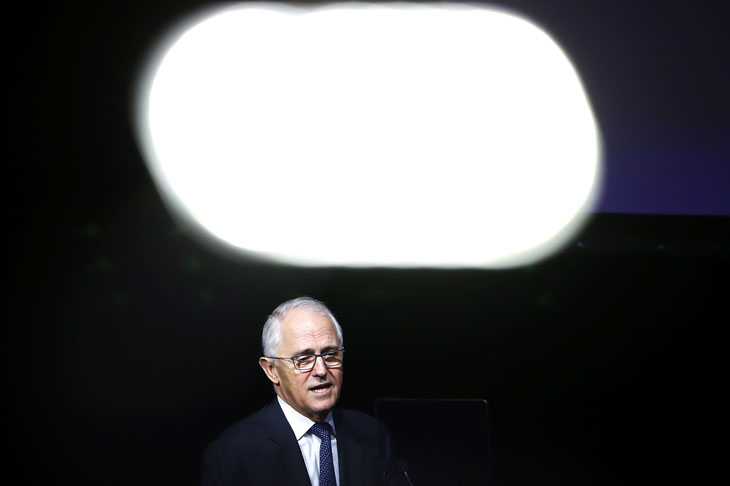
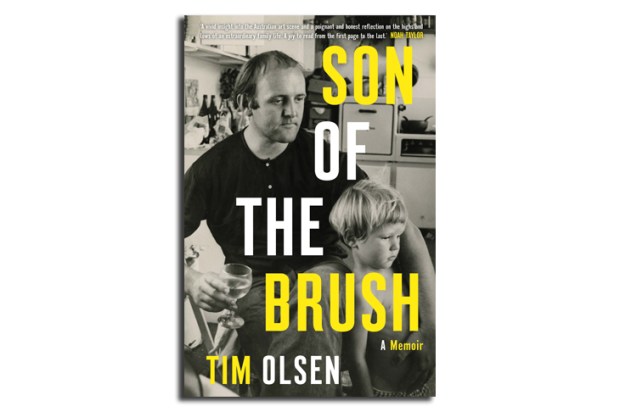
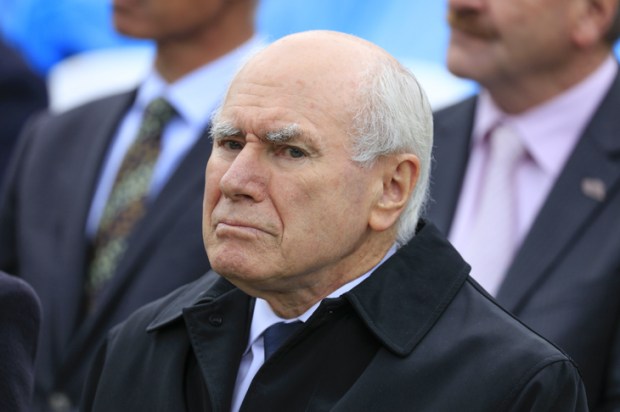
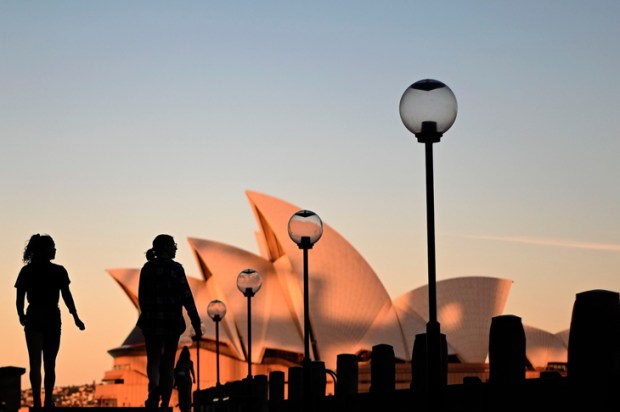
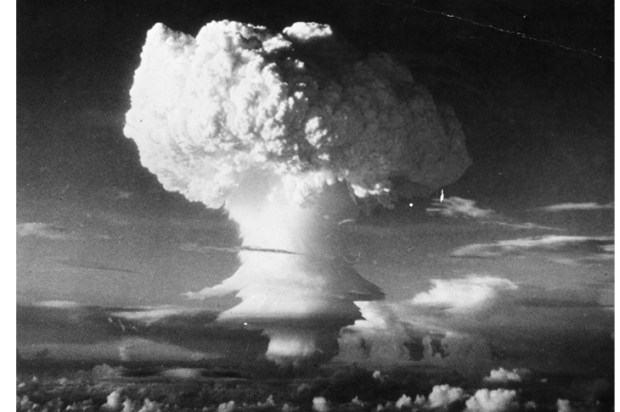
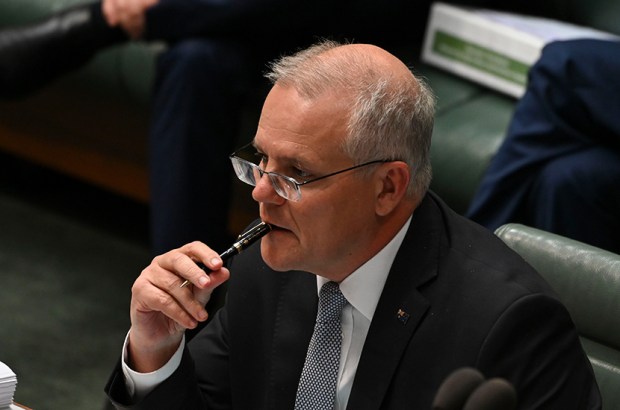
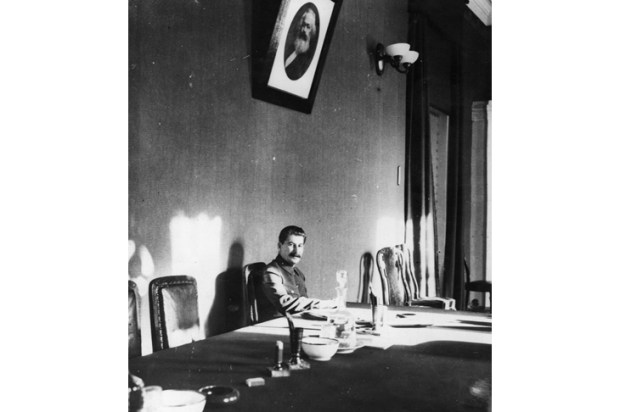






Comments
Don't miss out
Join the conversation with other Spectator Australia readers. Subscribe to leave a comment.
SUBSCRIBEAlready a subscriber? Log in